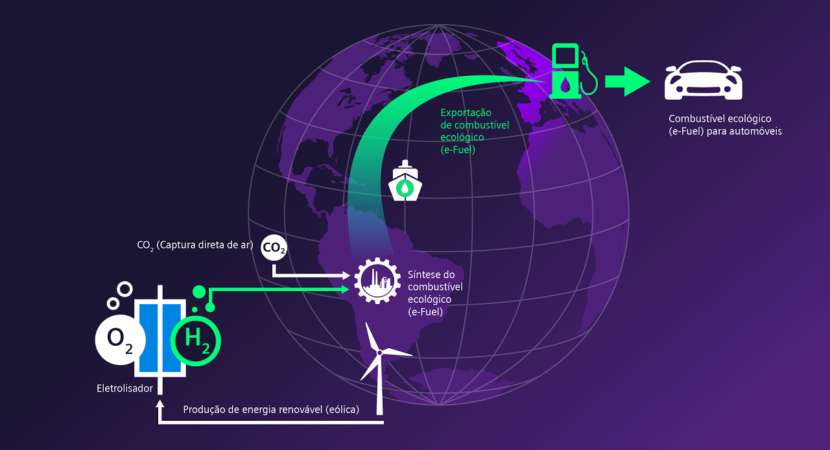
A Siemens Energy, together with sports car manufacturer Porsche and a host of international companies, is developing and implementing a pilot project in Chile to produce the world's first industrial-scale integrated commercial plant for the production of climate-neutral (and climate-neutral) synthetic fuels. -fuels). In the pilot phase, around 130.000 liters of e-fuels will be produced by early 2022. In two additional phases, capacity will be increased to around 55 million liters of green fuels per year by 2024, and around 550 million liters of e-fuels by 2026. Porsche will be the main customer for green fuel.
The other partners in the project are the energy company AME and the oil company ENAP from Chile, as well as the Italian energy company Enel.
The “Haru Oni” pilot project in the province of Magallanes takes advantage of the excellent wind conditions of southern Chile to produce climate-neutral fuel through green wind energy. As part of Germany's national hydrogen strategy, Siemens Energy will receive a grant of around €8 million from the Federal Ministry of Economic Affairs and Energy to support the project, as the Ministry announced today.
Christian Bruch, CEO of Siemens Energy says: “Establishing an economy based on sustainable energy will require us to rethink the issue. Renewable energy will no longer only be produced where it is needed, but also where natural resources such as wind and sun are available on a large scale. Therefore, new supply chains will emerge across the world to transport renewable energy from one region to another. This is especially important for Germany, which ultimately needs to import energy if it is to meet its domestic demand. Hydrogen will play an increasingly important role in energy storage and transport. That's why the German government's support for the project is an important signal.”
Oliver Blume, CEO of Porsche: “Electromobility is a top priority at Porsche. E-fuels for cars are a valuable addition to this – especially if they are produced in parts of the world where a surplus of sustainable energy is available. This type of fuel is an additional element in the journey towards decarbonization. Its advantages lie in its ease of application: e-fuels can either be used in combustion engines and hybrid plug-ins or make use of the existing network of filling stations. By using them, we can contribute even more to climate protection. As a manufacturer of efficient, high-performance engines, we have extensive technical expertise. We know exactly what fuel characteristics our engines need to operate with minimal impact on the climate. Our involvement in the world's first integrated commercial e-fuels plant supports the development of the alternative fuels of the future."
Germany's Federal Minister for the Economy, Peter Altmaier, says: “Hydrogen is a key component for successfully realizing the energy transformation in all sectors. That's why, with the National Hydrogen Strategy, we intend to take advantage of the opportunities that hydrogen offers for climate, energy and economic policy. We know that we will not be able to cover our local demand only with national production and we will need international partnerships. Therefore, I am very pleased to see that Siemens Energy and Porsche are developing their production capabilities in other countries, along with import structures, for green hydrogen and its derivative products. Thanks to German know-how, for the first time in the world, the innovation coming from the laboratory will now be applied in an integrated commercial plant”.
Siemens Energy is a co-developer of the “Haru Oni” project (also known as the HIF project) and acts as a systems integrator to serve the entire value chain, from power generation, using Siemens Gamesa wind turbines, to production of green hydrogen and the conversion into synthetic fuel. The flexible PEM electrolyser system (PEM = Proton Exchange Membrane) is ideal for using volatile wind energy.
As the fuel's main customer, Porsche is planning, in the first phase, to use Chile's green fuels in pilot projects. This includes the use of e-fuel in Porsche motorsports vehicles, Porsche Experience Centers and possibly series production sports cars as well. The sports car maker will start with an initial investment of around 20 million euros.
AME is the main developer and owner of the HIF (Highly Innovative Fuels) project company. Enel is a co-founder of the plant, which focuses on wind energy and electrolysis. ENAP will support the project with an operation, maintenance and logistics team.
Chile, with its excellent climatic conditions for wind energy and the associated low cost of electricity, has a very high potential in international terms for the production, export and local use of green hydrogen. To generate green hydrogen, wind energy is used to split water into its two basic components, oxygen and hydrogen. In a second step, the project requires filtering CO2 from the air and then combining it with green hydrogen to form synthetic methanol. The result is renewable methanol, which can be converted into climate-friendly fuel using MTG (Methanol to Gasoline) technology to be licensed and supported by ExxonMobil.
Siemens Energy is one of the world's leading energy technology companies. The company works with its customers and partners on energy systems for the future, thereby supporting the transition to a more sustainable world. With its portfolio of products, solutions and services, Siemens Energy covers almost the entire energy value chain – from power generation and transmission to storage. The portfolio includes conventional and renewable energy technology, such as gas and steam turbines, hydrogen-powered hybrid power plants, generators and transformers. More than 50 percent of the portfolio has already been decarbonized. A majority stake in listed company Siemens Gamesa Renewable Energy (SGRE) makes Siemens Energy a global leader in the renewable energy market. It is estimated that one-sixth of the electricity generated worldwide is based on technologies from Siemens Energy. Siemens Energy employs 91.000 people worldwide in more than 90 countries and generated revenue of around €29 billion in fiscal 2019. www.siemens-energy.com.



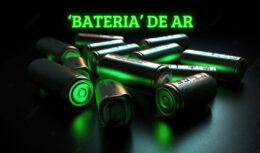
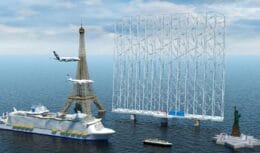


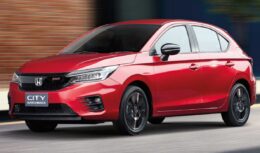

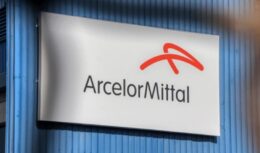
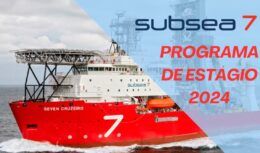
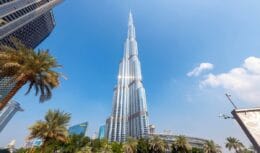
Air Force F-16 fighters…
True friend, what they shot down were…
Air Force F-16 fighters…
I would like to know what planet you live on…
Army summons Brazilians with up to…
Come be a watermelon, you too
Air Force F-16 fighters…
Everything is fine, 100-year secrecy,…
Air Force F-16 fighters…
Well... It's flying scrap... Typical...
Deviam ter dito isso ao Presidente L
I have a degree in nursing. But…
After the comment was considered unfit
I want to participate in this selection process.
And my dream is to have energy. Solar.although I…
William, I want to participate in this selection process…
They couldn't finish a mere train of...
The vision it gives us is…